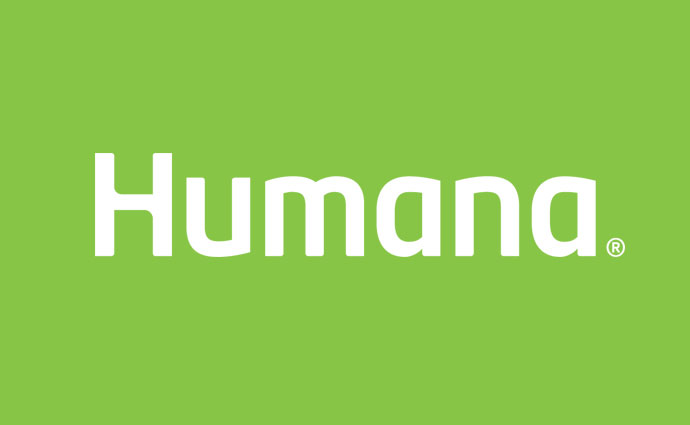Humana Launches MA Value-Based Care Model, Hospice Care Coordination
Eligible Medicare Advantage beneficiaries now have access to a value-based hospice care model that is expected to enhance care coordination.

Source: Humana
- Humana announced the launch of a Medicare Advantage (MA) value-based care model for hospice patients, which aims to improve care coordination.
The program comes as part of a four-year demonstration created by the Centers for Medicare & Medicaid Services (CMS) that seeks to learn whether hospice services within the Medicare’s Part A benefits package would ease care transitions.
CMS is also evaluating whether hospice-eligible patients can receive the full benefits of hospice care.
“Too often, patients electing hospice care do so in the final days or weeks of life, rather than at the start of their eligibility,” explained Susan Diamond, Humana’s president of home business.
"As a result, they and their families miss an opportunity to take full advantage of a wide range of benefits, including improved access to palliative care and caregiver support, as well as important transitional care services,” she added.“Our goal is to allow for a single continuous care team, as opposed to the handoffs that typically occur today.”
When a palliative care patient elects hospice care under traditional fee-for-service coverage, they are abruptly moved to a new care team based on their chosen provider.
The demonstration model seeks to improve care coordination by providing seamless care as members transition from advanced illness to palliative care to hospice, ideally with the same care team.
The program also provides Medicare Advantage beneficiaries with greater access to many additional benefits provided under hospice services.
The hospice model takes families and caregivers into consideration, providing additional respite services that allow patients to remain safely in their home, avoiding costly hospitalization near the end of life that is often unnecessary, Diamond noted.
“Humana is committed to what we call ‘human care,’ part of which is simplifying the healthcare experience for all of our members,” Diamond said. “This means removing barriers to the care they need at all stages of their lives and eliminating financial and coverage surprises.”
In addition, the model aims to lengthen the time members are enrolled in hospice care to ensure members are receiving the full breadth of end-of-life services that focus on their wishes, including alleviation of pain, bereavement planning, respite care, spiritual matters, and more.
Humana started offering the benefit on select plans on January 1 in Atlanta, Cleveland, Denver, the Louisville metro area (which includes Southern Indiana), and the Richmond-Tidewater region of Virginia.
While hundreds of hospice providers are supporting Humana’s delivery of the hospice benefit, the payer contracted with a group of select providers to deliver additional benefits that will support members during their hospice care.
Hospice benefits can last up to six months, based on CMS guidelines, but they can be continued indefinitely if the patient’s condition remains terminal.
Humana has created a webpage for health care providers to explain the pilot program in detail, along with a list of the specific plans and markets where the pilot is running. The demonstration continues through 2024.
The payer plans to expand the demonstration in 2022 to reach more members, pending approval from CMS in their annual application process.
This year, in addition to promoting end of life value-based care, the payer is extending its HMO products to 125 more counties.
“For 2021 we’ve expanded our footprint, increased plan value and we’re enabling safe education and enrollment for beneficiaries,” said Alan Wheatley, president of the retail segment at Humana.
All Medicare Advantage Part D prescription plan members will offer $0 telehealth services for primary care, urgent care, and outpatient behavioral healthcare.
Members infected with COVID-19 will have access to free treatment, as well as 14 days of meal deliveries. Many of the plans include access to Medicare Parts A and B, Part D prescription drug coverage, chronic disease management tools, and out-of-pocket protection.
